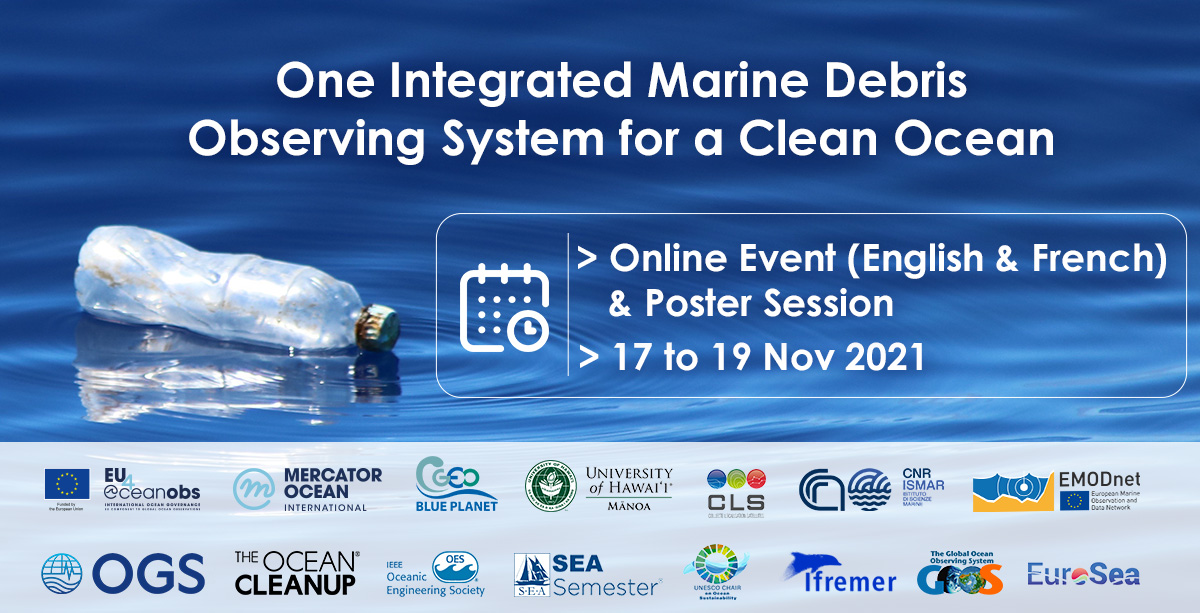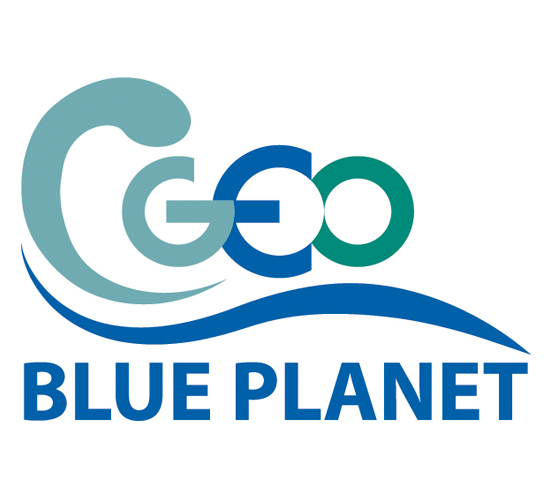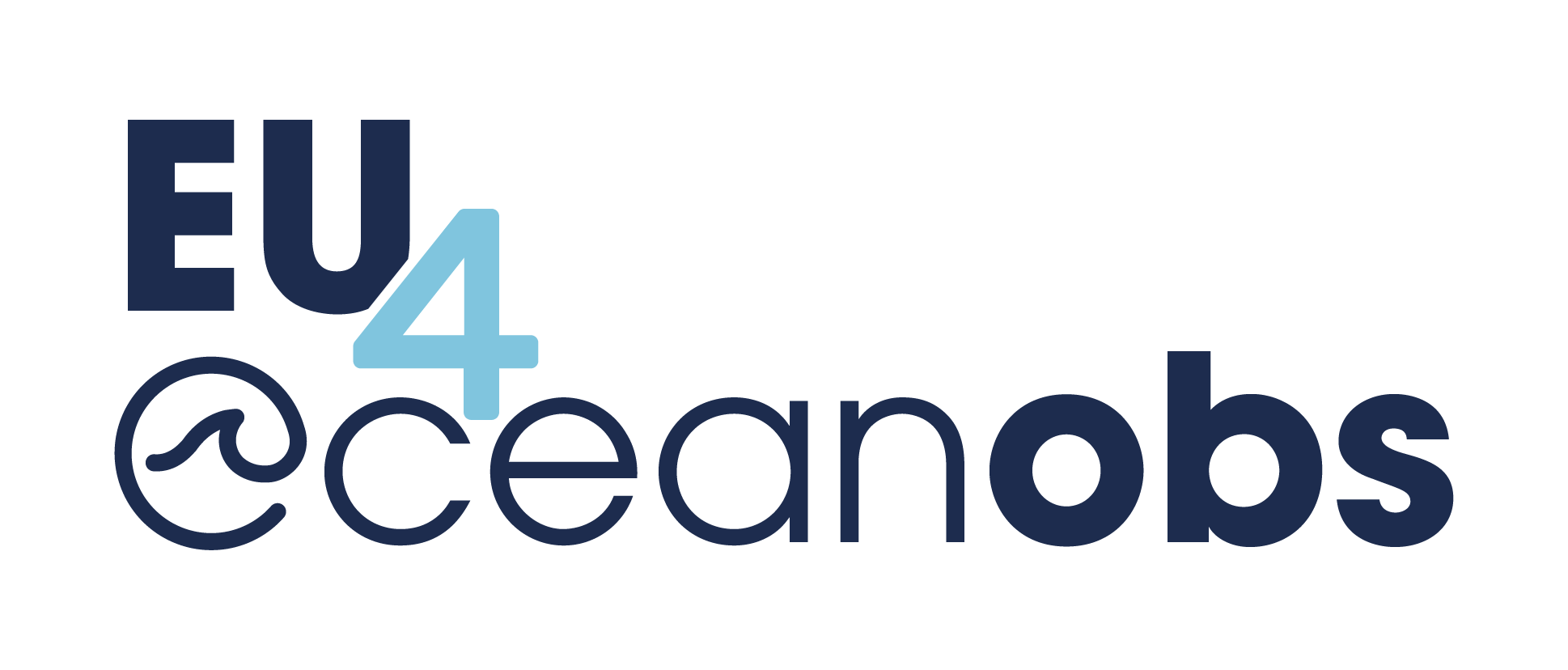
Anthropogenic marine debris is a global, multidisciplinary problem. Our event will reinforce dialogues between experts and activists from the scientific community, governmental agencies, non-governmental organisations, and from the private sector and civil society, to discuss the most critical challenges and the roadmap of solutions. We will highlight recent progress in new technologies for detection and tracking of marine debris, modeling, standardisation and consolidation of databases and identify gaps remaining in our understanding, observations, quantification and characterisation of sources, pathways, fate, sinks, and impacts of debris. Discussions will also include reports on new aspects, such as transport of biological species colonising marine debris, and the release of nutrients, greenhouse gases and toxins by degrading plastic.
The event will stimulate discussion on new technologies, policies, and strategies based on scientific knowledge that is needed to reduce marine pollution and, consequently, participate in restoring ocean health.
Support of research, innovative solutions and mitigating actions requires an efficient observing system, including in situ measurements, sampling, remote sensing, and modeling. The concept of IMDOS harmonises these observational tools, approaches, and products to optimise efforts unravelling potential long-lasting effects on the planet.
Addressing marine debris pollution is only possible with the broad involvement of all stakeholders including the industry and the civil society.
Expected outcomes from this event include enhanced cooperation bringing together multidisciplinary approaches from diverse communities of stakeholders, including citizen scientists and indigenous communities.
IMDOS is a conceptual model harmonising observational tools, approaches, and products while embracing the full complexity of the composition, dynamics, and impacts of anthropogenic debris, particularly plastic. The concept was first presented by a large group of experts at the OceanObs’19 conference and supported by many organisations. With the global extent, complex and ever–changing composition and long lifelong-life span of marine debris, synthesis of a variety of observations is needed to track debrisit from itsthe source to itsthe impact, to monitor the life cycle, close the balance, and to coordinate mitigation measures. IMDOS suggests the intelligent and dynamic integration of shoreline and at-sea in situ observations, remote sensing and numerical modeling, tasked to address the most urgent and important needs of the stakeholders.
Scientific background documents
- Toward the Integrated Marine Debris Observing System, Front. Mar. Sci., 28 August 2019 | https://doi.org/10.3389/fmars.2019.00447
- IMDOS community white paper at OceanObs’19 Conference – https://www.oceanobs19.net/community-white-papers/
This event is organised by a consortium of 14 international ocean experts and is hosted by GEO Blue Planet and Mercator Ocean International as an official satellite activity of the UN Ocean Decade Clean Ocean Laboratory.
Organising committee:
- Audrey Hasson, GEO Blue Planet/EU4OceanObs, Mercator Ocean International, France
- Stefano Aliani, CNR Institute Marine Science, Italy
- Manuel Arias Ballesteros, Institut de Ciencies del Mar (CSIC), Spain
- Britta Denise Hardesty, CSIRO, Australia
- Francois Galgani, IFREMER, France
- Kara Lavender Law, Sea Education Association, USA
- Laurent Lebreton, The Ocean Cleanup, New Zealand
- Marc Lucas, Collecte Localisation Satellites – CLS, France
- Christa Marandino, GEOMAR, Germany
- Nikolai Maximenko, University of Hawaii, USA
- Artur Palacz, International Ocean Carbon Coordination Project (IOCCP) / Institute of Oceanology of the Polish Academy of Sciences (IO PAN), Poland
- Hans-Peter Plag, Old Dominion University, Norfolk, VA, USA
- Alexander Turra, Universidade de São Paulo, Brazil
- Matteo Vinci, National Institute of Oceanography and Applied Geophysics – OGS, Italy
The event is hosted by Mercator Ocean International in the framework of EU4OceanObs, which facilitates the GEO Blue Planet EU Coordination.
The IMDOS satellite activity is intrinsically aligned with the goals of the UN Ocean Decade and its Clean Ocean Laboratory event. Our event will promote collaboration with relevant endorsed UN Decade programmes and contributors. The UN Sustainable Development Goal 14.1 will be addressed through discussions at the event and by the future IMDOS.
Anthropogenic marine debris is a global, transboundary issue and the UN Clean Ocean Laboratory is the best platform to discuss the innovating solutions and mitigating actions at local, national and regional levels. By consolidating local components into a global network, IMDOS disseminates important knowledge and strengthens dialogue between stakeholders on various scales and in different geographical regions.
We expect that the livethis event event and its concluding document will create new opportunities for partnerships, attract new stakeholders into the Ocean Decade, and catalyse future actions.
Air-Sea Observations for a Clean Ocean
- 18 & 19 Nov 2021
- Join Observing Air-Sea Interactions Strategy (OASIS) and the Surface Ocean-Lower Atmosphere Study (SOLAS) for a community discussion of how observations and understanding of air-sea interactions can support a clean ocean!
- For more information and to register, click here.
Remote sensing applications for marine litter
- 18 – 19 Nov 2021, 3 – 7 pm CET
- For more information, click here.
For all official satellite activities of the Clean Ocean Laboratory, click here : https://www.oceandecade-conference.com/en/satellite-activities-a-clean-ocean.html
From live sessions discussions:
- Drowning in Plastics: Marine Litter and Plastic Waste Vital Graphics – GRID-Arendal
- Global Partnership on Marine Litter (GPML) Digital Platform: https://digital.gpmarinelitter.org/
- 7th International Marine Debris Conference (7IMDC): www.7imdc.org. The call for Technical Sessions is open until 7 January 2022.
- EMODnet Chemistry: https://www.emodnet-chemistry.eu/marinelitter
PICES and AMAP are working together to recommend plastic pollution monitoring programmes/methods/guidelines in the North Pacific and Arctic regions. 4 concurrent review articles on monitoring seawater, sediment, shoreline, and ingestion in the North Pacific. More information, click here. - EuroQCharm H2020 project – www.euroqcharm.eu/en/, aiming to analyse and evaluate existing methodologies for plastic pollution assessment, and harmonise them on a European level.
- Oceana Report, Nov 2020: Choked, Strangled, Drowned: The Plastics Crisis Unfolding In Our Oceans
- Plastic Ocean: A global initiative supporting local partners and projects, and documentary “A plastic ocean“
From the poster hall:
- Inexpensive Detection systems for microplastics
- Use of low-cost drones for the detection and mapping of marine litter on sandy beaches: en.uas4litter.com
- Seabin Project: www.seabinproject.com
- Litter Drone Project: litterdrone.aebam.org
- Observation, drift and forecast systems by Argans
- Litter Intelligence: litterintelligence.org
- Ocean Plastic Webinars
- Ocean Bridges: Bridging (Ocean) Research, Innovation and Diversity across Generations of Experts and Stakeholders
- Coastal Marine Litter Observatory (CMLO) cmlo.aegean.gr
Agenda & Speaker Presentations
Moderator : Alexander Turra (Universidade de São Paulo, Brazil)
Click on title to access the PDF of each presentation below:
20:00 – 21:05 CET
- Welcome note – Nikolai Maximenko, University of Hawaii
- An Introduction to Plastic Pollution – Thomas Maes, GRID Arendal
- Impact of marine debris on wildlife and fisheries – Amy Lusher, Norwegian Institute for Water Research (NIVA)
- Marine debris monitoring for Global Policy – Heidi Savelli-Soderberg, UNEP
- Beach debris monitoring and the European Union ban on single-use plastic – Luis Ruiz, European Commission Joint Research Centre (JRC), Ispra
21:00 – 22:00 CET: Panel Discussion with all Session 1 speakers
Moderator: Audrey Hasson (GEO Blue Planet, Mercator Ocean International, France)
Click on title to access the PDF of each presentation below:
10:00 – 10:50 am CET
- Existing monitoring capacities – Audrey Hasson, GEO Blue Planet/ Mercator Ocean International
- Plastic industries – Data and Quality – Jean-Yves Daclin, Plastics Europe
- Chemical Tracers to determine plastic origin – Jennifer Lynch, National Institute of Standards and Technology and Hawaii Pacific University Center for Marine Debris Research
- Rivers inputs – Romain Tramoy, École des Ponts ParisTech (ENPC), France
- Atmospheric inputs – Maria Kanakidou, University of Crete, Greece
11:00 am – 12:00 pm CET
- Tracking Marine Debris in situ – Marc Lucas, Collecte Localisation Satellites – CLS, France
- Monitoring by local communities – Max Schmiel, GOT BAG, Germany
- Light-weight optical technologies – Laurent Lebreton, The Ocean Cleanup, New Zealand
- Monitoring by citizen scientists – Toshka Barnardo, Sustainable Seas Trust (SST), South Africa
- Marine Debris in the Digital Twin Ocean – Erik van Sebille, Utrecht University, Netherlands
- Monitoring inputs from extreme events – Francois Galgani, Ifremer, France
Moderator: Stefano Aliani (CNR Institute Marine Science, Italy)
Click on title to access the PDF of each presentation below:
09:00 – 09:40 am CET
- Introduction presentation restituting main conclusions from Sessions 1 and 2 and poster sessions – Audrey Hasson, GEO Blue Planet/ Mercator Ocean International, France
- Addressing the gap between in situ and remotely sensed observations – Manuel Arias Ballesteros, Institut de Ciencies del Mar (CSIC), Spain
- Linking Marine Debris observations and its modelling – Nikolai Maximenko, University of Hawaii
- Integrating citizen scientists observations – Britta Denise Hardesty, CSIRO Oceans and Atmosphere, Australia
10-minute break
09:50 – 10:30 am CET
- Harmonisation of marine plastic litter monitoring and database, implementation in Japan – Atsuhiko Isobe, Kyushu University, Japan
- Global Ocean Observing System (GOOS) support for IMDOS – Artur Palacz, International Ocean Carbon Coordination Project (IOCCP)
- Lessons learnt from establishing the Global Ocean Acidification Observing Network (GOA-ON) – Dr Bronte Tilbrook, CSIRO Oceans and Atmosphere, Australia
- The role of IMDOS in supporting the GPML Digital Platform – Marta Ottogalli & Saiful Ridwan, UNEP
10:40 – 11:20 am CET: Roundtable discussion on the future of IMDOS – All session speakers
11:20 – 11:30 am CET: Event conclusions – co-organisers
Watch live recordings of 3 Sessions
Virtual Poster Hall
The poster hall of the event was hosted on MIRO from 10 to 30 November. All posters have been combined in a single PDF file.
The Poster Hall on MIRO consists of posters and video presentations in 4 different sessions:
Trans-disciplinary Approaches Session
Recent studies reveal new impacts that anthropogenic marine debris poses on marine ecosystems and on human society. This includes but is not limited to transport of invasive biological species, supply of nutrients to the oligotrophic ocean, release of greenhouse gases by degrading plastic, and losses in the fishing and tourism industries. Addressing the mitigation of marine debris requires transdisciplinary approaches bringing all stakeholders to the table.This session invites posters on innovative transdisciplinary efforts to understand and tackle the marine debris problem at different levels.
Monitoring Technologies and Modelling Session
There is a need for regular and standardized monitoring of marine litter in order to understand long-term changes in marine litter pollution and for the successful development and implementation of mitigation strategies. This session will show-case a wide range of in situ and remote sensing methods, technologies and associated best practices for observation, quantification and characterization of the diverse nature, sources, fate, and impacts of marine debris. Experts are also invited to share state-of-the modelling methods used to complement marine debris monitoring and scientific assessments.
Networks Session
Marine litter monitoring is supported by many communities of practice and emerging observing networks which are gathered locally as well as globally around specific indicators, common observing or modelling technologies, citizen initiatives, or indigenous traditions. This session seeks the creation of synergies amongst these networks and communities of practice which want to share their experience in fostering cooperation within and outside their communities for the benefit of building an Integrated Marine Debris Observing System.
Digital Ecosystems Session
The wealth of existing data, information and knowledge on marine litter and debris is distributed in a complex web of databases, portals and aggregating platforms. A robust and collaborative digital ecosystem which integrates various distributed data management frameworks and resources is key to offer access to relevant products to a wide range of stakeholder communities including scientists and policy makers. This session invites posters on specific databases or data products but also coordinated actions delivering information to stakeholders addressing the challenges of marine litter pollution monitoring and mitigation. Posters presenting transformative approaches to a digital ecosystem for marine debris are particularly welcome.
Official Satellite activity of UN Ocean Decade Lab “A Clean Ocean”

This event is an official satellite activity of the UN Ocean Decade 3rd laboratory “A clean ocean“. For information on the core event, click here.








